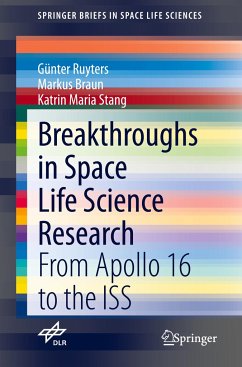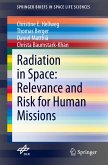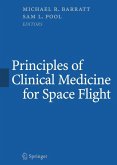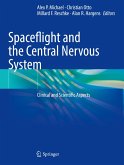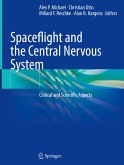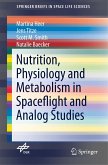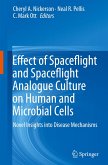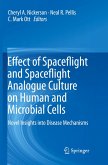This last volume of the SpringerBriefs in Space Life Sciences series is setup in 5 main parts.
The 1st part shortly summarizes the history of life science research in space from the late 40s until today with focus on Europe and Germany, followed by a part on describing flight opportunities including the Space Shuttle/Spacelab system and the International Space Station ISS; in the 3rd part it focuses on extraordinary success stories of this constantly challenging research program and highlights some important key findings in space life science research. The book introduces in the 4th part innovative developments in non-invasive biomedical diagnostics and training methods for astronauts that emerge from this program and are of benefit for people on Earth especially in the aging society. Last but not least in its 5th part it closes with an outlook on the future of space life sciences in the upcoming era of space exploration.
The book is intended for students and research scientists in the life sciences and biomedicine as well as for interested lay persons, who wish to get an overview of space life science research: its´ early days, current status and future directions.
The 1st part shortly summarizes the history of life science research in space from the late 40s until today with focus on Europe and Germany, followed by a part on describing flight opportunities including the Space Shuttle/Spacelab system and the International Space Station ISS; in the 3rd part it focuses on extraordinary success stories of this constantly challenging research program and highlights some important key findings in space life science research. The book introduces in the 4th part innovative developments in non-invasive biomedical diagnostics and training methods for astronauts that emerge from this program and are of benefit for people on Earth especially in the aging society. Last but not least in its 5th part it closes with an outlook on the future of space life sciences in the upcoming era of space exploration.
The book is intended for students and research scientists in the life sciences and biomedicine as well as for interested lay persons, who wish to get an overview of space life science research: its´ early days, current status and future directions.

